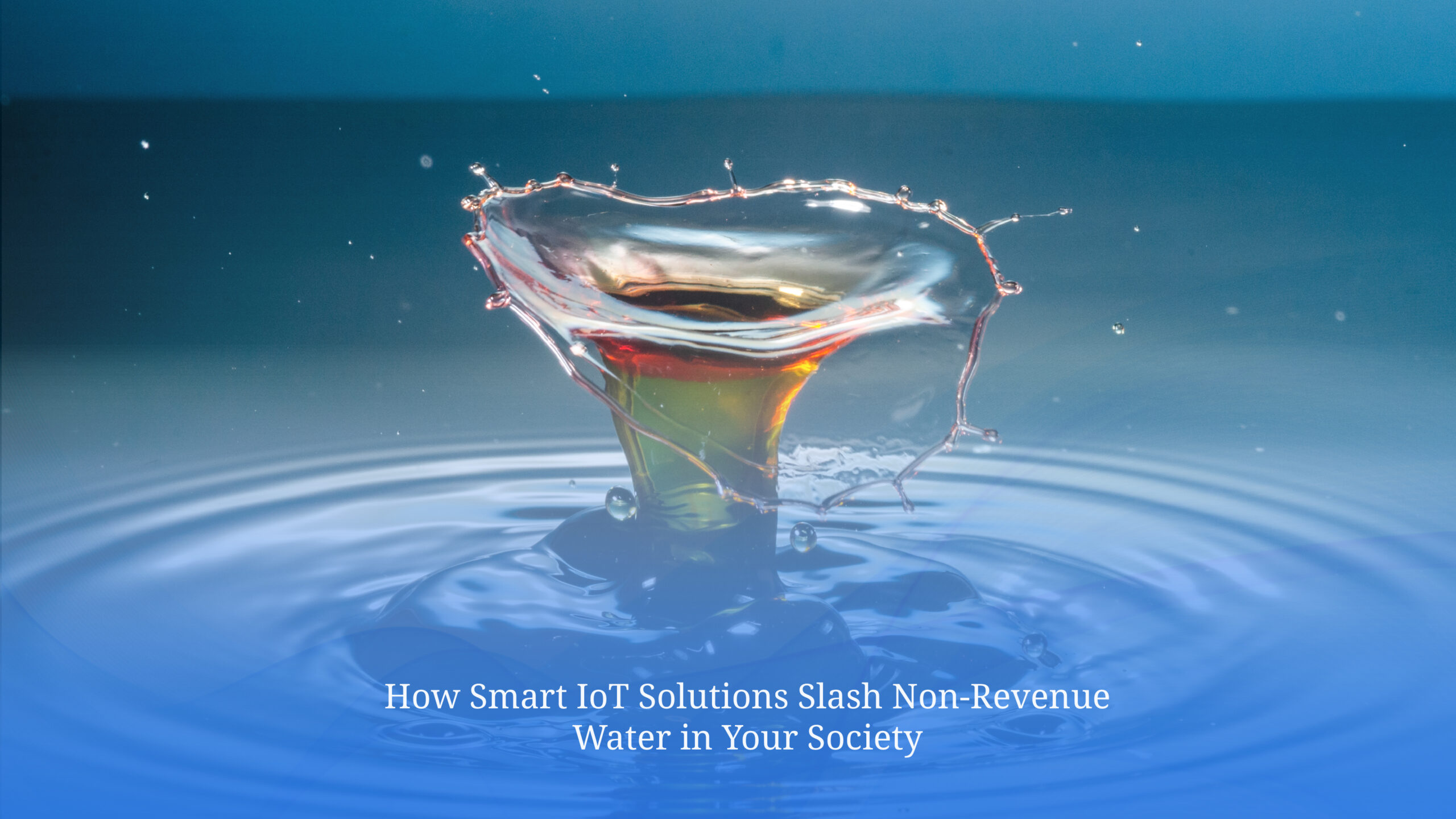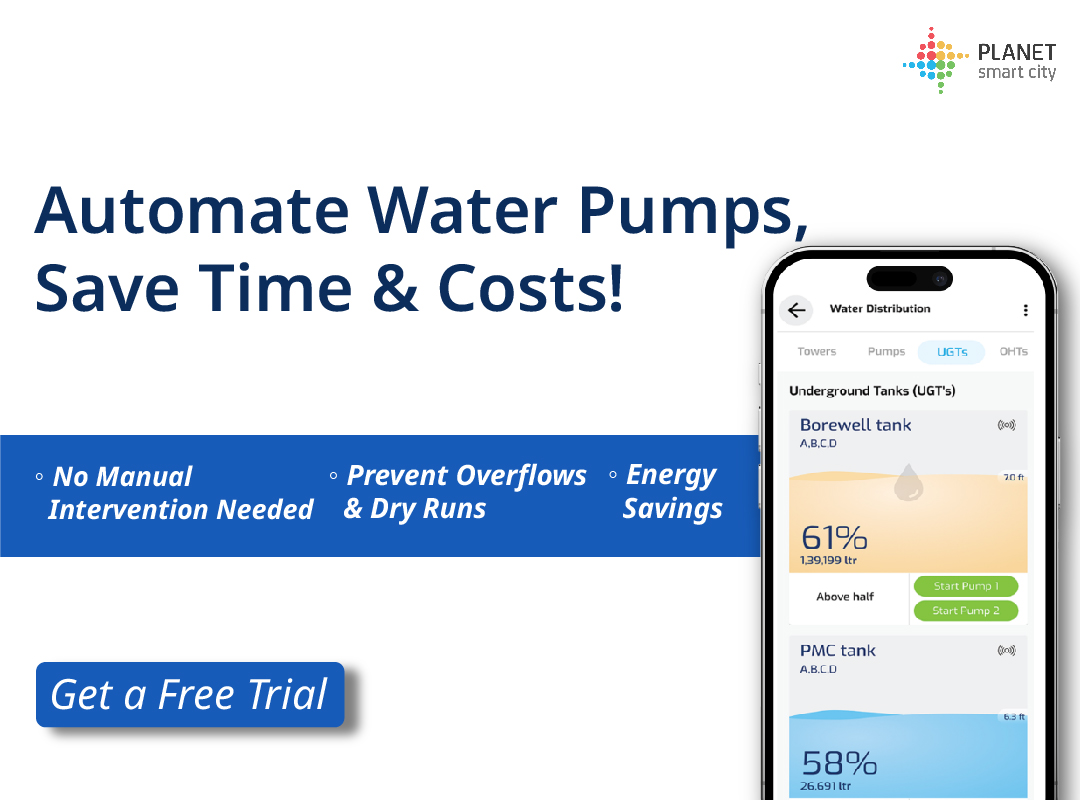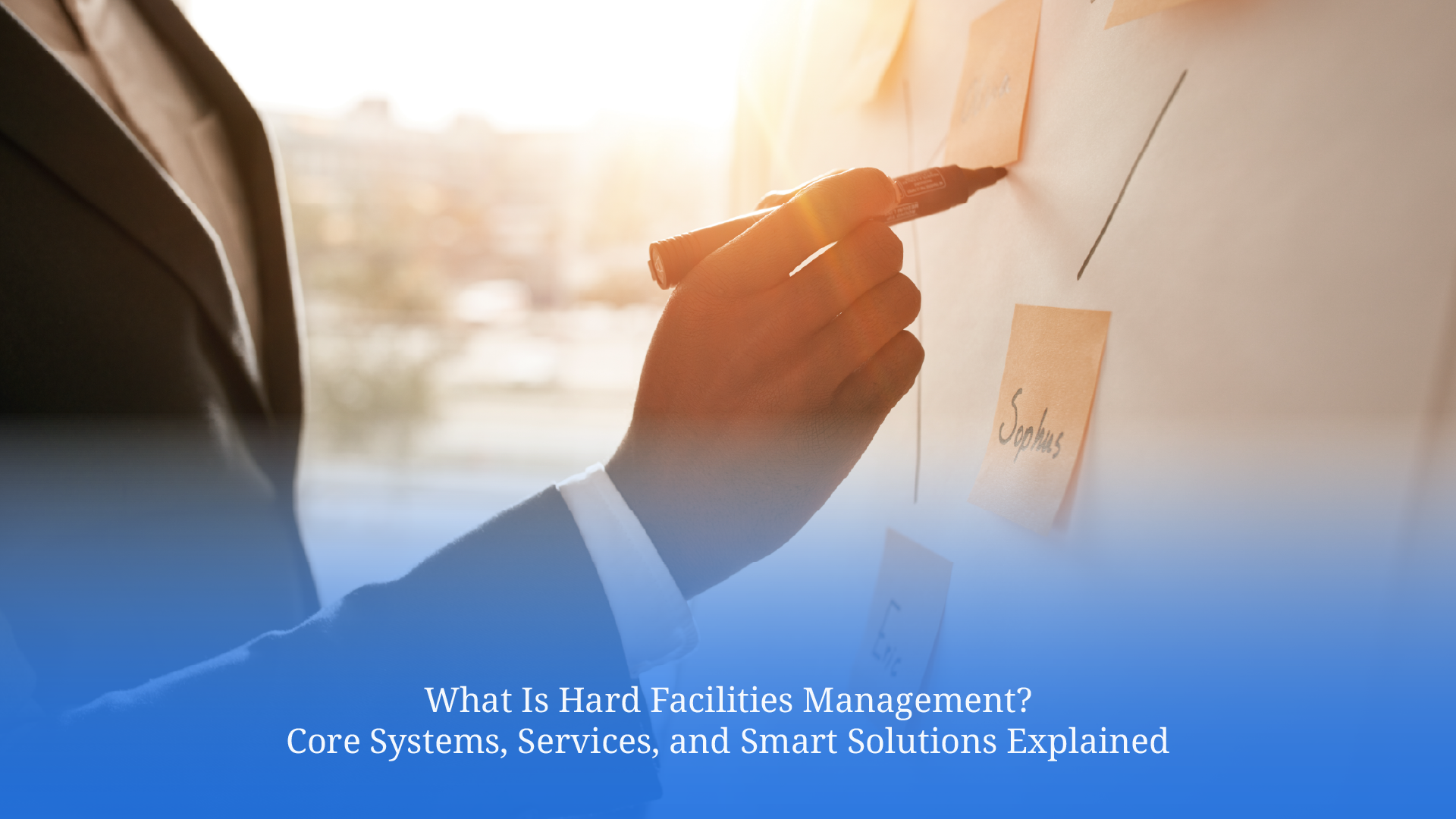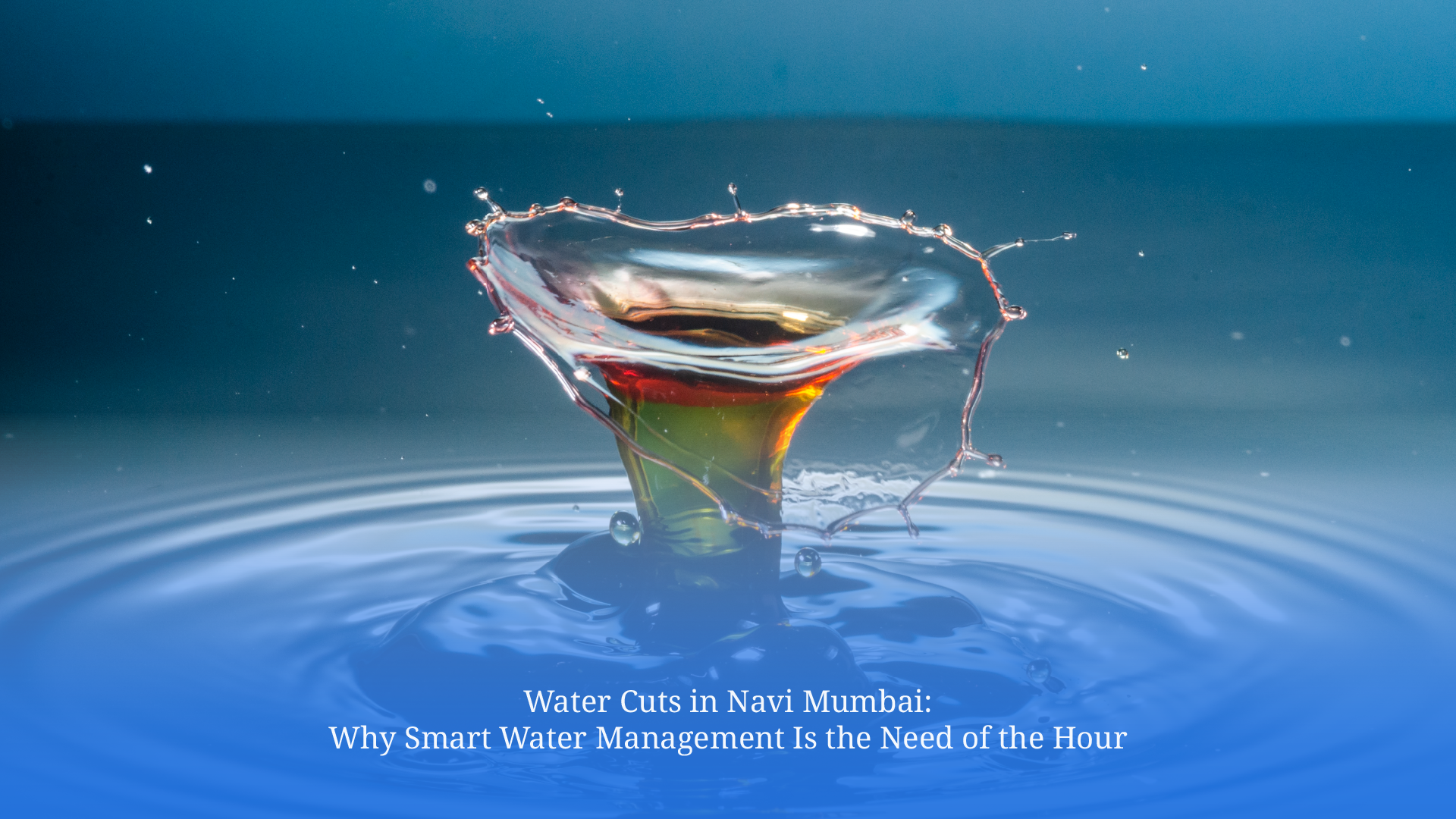How Smart IoT Solutions Slash Non-Revenue Water in Your Society?

Water is a basic human need and key to building strong, sustainable communities. But around the world, a major issue is going unnoticed: Non-Revenue Water (NRW). This is water that is treated and supplied but never billed. It creates a financial strain on water providers and causes problems for everyone, including wasted resources, less water available, and poor system performance.
With growing cities, climate change, and limited resources, water systems need smarter ways to manage their supply. Today, smart cities are showing how Internet of Things (IoT) technology can help find and fix issues that lead to NRW. To see the value of this, it’s important to first understand what the problem really is.
What is Non-Revenue Water?
Non-revenue water refers to water that has been produced and entered the supply system but does not generate income for the utility. It is the difference between the volume of water put into a distribution system and the volume that is billed to consumers. This discrepancy can be staggering, accounting for 20% to over 40% of water supply losses in several Indian cities, with some legacy networks occasionally exceeding this range. NRW typically manifests in three forms:
- Physical losses, such as leaks and bursts in pipes.
- Commercial losses, from issues like inaccurate meters, billing errors, or theft.
- Unbilled authorised consumption, such as water used for firefighting or municipal services, is often unbilled or provided at subsidised rates. This depends on local governance policies.


Primary Causes of Non-Revenue Water
Non-revenue water causes are multifaceted. But several recurring issues are evident across different geographies and utility types.
- Ageing Infrastructure: Many cities rely on water networks installed decades ago. Corrosion, soil pressure, and general wear and tear lead to a growing number of undetected leaks and pipe failures.
- Faulty or Absent Metering: Inaccurate water meters or, worse, the absence of meters, prevents utilities from understanding consumption patterns or identifying anomalies in the system.
- Illegal Connections: Particularly in fast-growing or underserved communities, unauthorised connections tap into supply networks without detection, resulting in both safety risks and revenue loss.
- Manual Errors and Data Gaps: Where utilities rely on manual readings or fragmented data collection, information may be outdated, misinterpreted, or lost entirely. These lapses in oversight make strategic decision-making all but impossible.
Why Traditional Methods Don’t Work Anymore?
In the past, water systems were managed in a reactive way. But this approach no longer works. Manually checking large water networks takes a lot of time and effort. If leaks are not found quickly, water keeps getting wasted, and it can cause damage to homes and the environment. Without reliable data, water utilities cannot see what is really happening or make smart decisions about spending and improvements.
As cities grow and weather patterns become less predictable, there is less room for mistakes. Water management must now rely on smart solutions that use accurate data, early warnings, and connected technology.
Effective Non-Revenue Water Management Practices
Tackling NRW effectively requires a multi-pronged approach. Progressive utilities are now integrating operational best practices with smart technologies to pre-empt loss and improve system resilience.
- Preventive Maintenance: By using data to forecast wear or stress points in the network, utilities can shift from reactive repairs to proactive maintenance schedules.
- Community Engagement: Educating consumers on water conservation and reporting anomalies helps address issues like illegal connections and hidden leaks from within communities.
- Data-Driven Decision-Making: Deploying smart meters, sensors, and digital platforms allows for precise measurements and targeted interventions, increasing transparency and accountability.
Planet Smart City’s Role in Reducing Non-Revenue Water
Our Planet SIM, a proprietary AIoT-enabled infrastructure management platform, is designed to integrate seamlessly with a broad ecosystem of IoT-enabled field devices. It transforms fragmented water usage data into structured, actionable insights. For utility partners, this means improved oversight, reduced revenue leakage, and more efficient operations across entire residential portfolios or smart districts. In the fight against non-revenue water, Planet SIM supports in four key ways:
- Real-Time Visibility and Anomaly Detection: Planet SIM offers continuous monitoring of overhead and underground tanks, alerting utility teams to unusual depletion or refill patterns, early signs of leaks, unauthorised usage, or reporting errors, enabling swift, proactive response.
- Smart Refilling and Overflow Prevention: The system can automate water refills using demand-based logic where compatible infrastructure is in place, helping to prevent overflows, reduce wastage, and ensure precise tracking within a digitally governed environment.
- Consumption Insights and Demand Profiling: Intuitive dashboards provide tower-wise analytics, helping utilities identify anomalies, uncover inefficiencies, and prioritise maintenance based on data-driven demand patterns.
- Accurate Billing and Transparent Reporting: In digitally managed communities and smart districts, Planet SIM replaces manual readings with verified, real-time data. This enhances billing precision, reducing revenue loss, and building trust through transparent consumption records.
Closing the Loop on Water Loss
We understand that no water system operates in isolation. While smart devices on the ground are essential for collecting usage data, it’s the intelligence layer that brings cohesion, context, and control to the entire ecosystem. Our platform, Planet SIM, empowers authorities and urban housing societies to take decisive action, guided by predictive insights and operational precision. If you’re looking to future-proof your water infrastructure, we invite you to connect with us. Let’s build a smarter, more sustainable future, together.




